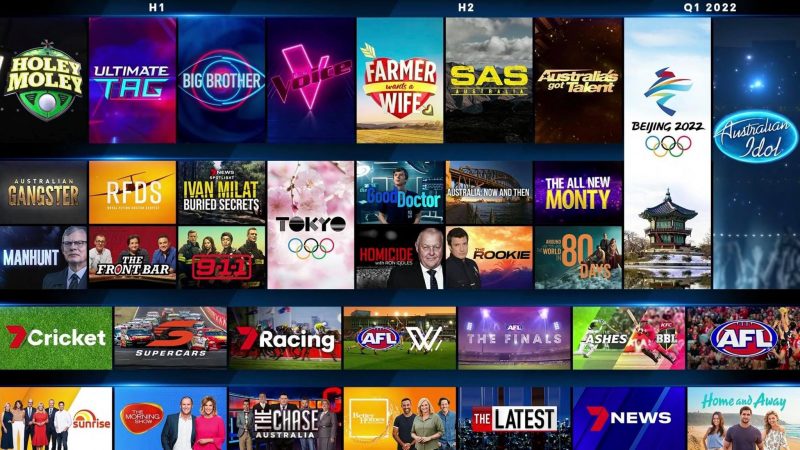Seven was the best upfront of the lot according to one exec, but are there too many singing shows? Media buyers review 2021 upfronts
In this series, senior media buyers review each network’s 2021 upfronts presentation, weighing in on what they got right, what they missed, and how the virtual events stack up to the ‘real life’ versions. Yesterday, Seven was the last of the three commercial networks to present its vision for next year.
In just over a year as CEO, James Warburton has earned a reputation for being brutally honest at the two Seven upfronts he has helmed. In 2019, he confessed the network was “weak, inward focused, tired and stagnant” with “a string of poor programs and failures”. And yesterday, he admitted that “COVID didn’t single us out, but it sure as hell affected us more then our competitors”.
Despite that, the broadcaster is in good shape, Warburton assured media buyers, issuing them with a challenge: “If you read differently, perhaps look at who owns the publication that’s obsessed with writing about us.”

Seven’s 2021 and 2022 slate

